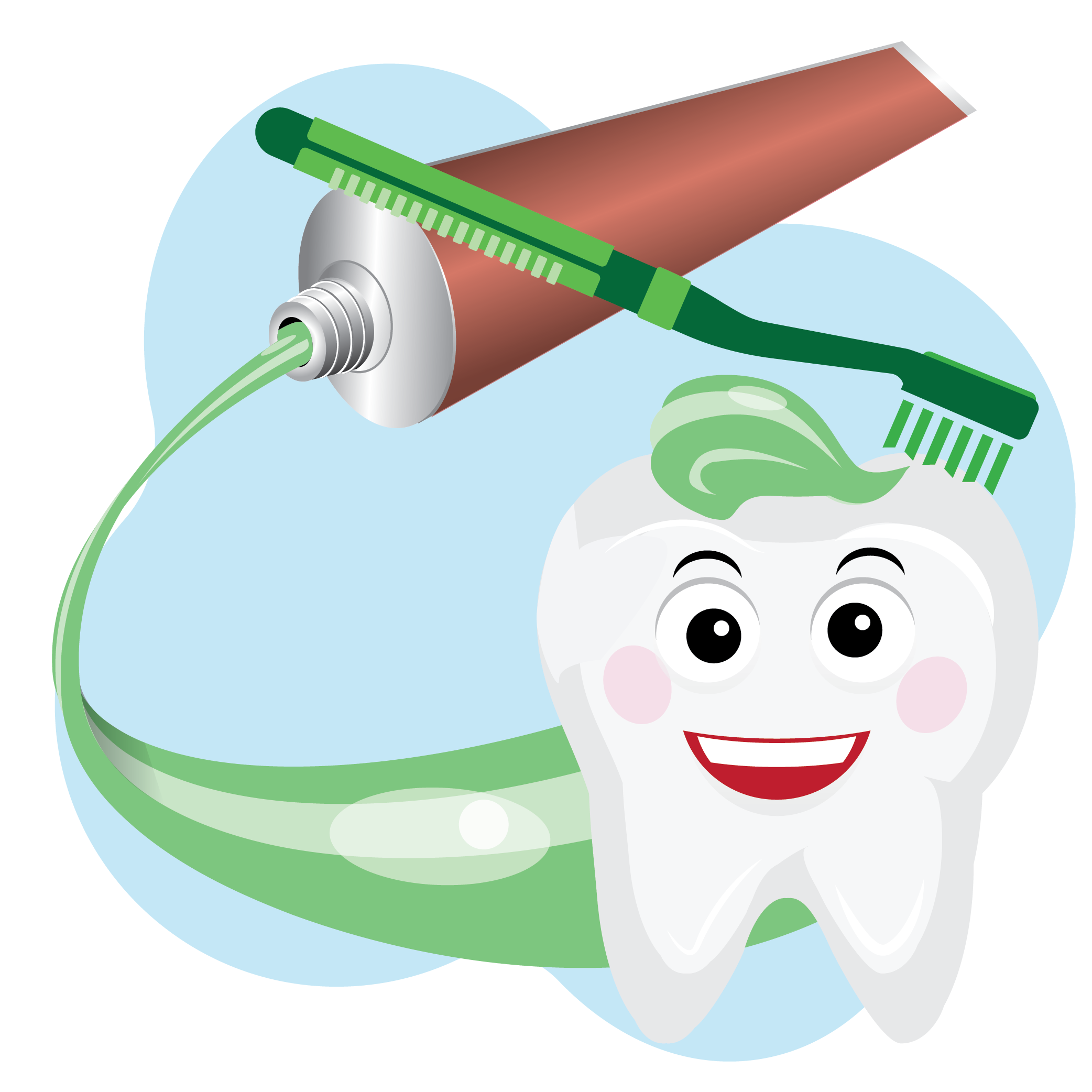From the first visit through their teenage years, your child’s dentist has an essential role in their oral health.
How?
Preventive care
- It is really important to keep cavities at bay in childhood. Even though baby teeth fall out, poor oral health early in life can have big consequences in adulthood. During a dental cleaning, the dental hygienist removes tartar from the child’s teeth, which prevents cavities from forming.
- For additional cavity prevention, dentists can place sealants on teeth that are most at risk for tooth decay.
- Through consistent monitoring, dentists help deal with issues that affect oral health, such as thumb sucking, teeth crowding, fluorosis (overexposure to fluoride, causing white spots on the teeth), eating too much sugar, managing braces and neglecting oral health.

Explaining oral health
- Dentists are fluent in kid-friendly language when it comes to their oral health, and they are able to explain how kids should take care of their teeth, and why it’s so important, in a way that children understand.
- Parents have the most important role in their children’s oral health, and dentists are a crucial part of guiding parents in teaching proper oral health habits to their kids.
Shaping attitudes
- When a child has a good interaction with a dentist during a visit, it helps shape their attitude moving forward. Toys and other little rewards are often offered to children after an appointment to help kids keep positive feelings about the experience.
- On the flip side, by preventing cavities and toothaches, the dentist helps to minimize scary or painful experiences at the dentist, so children are less nervous about dental appointments.
- Going regularly to the dentist helps to form positive habits and reinforces the importance of oral health to your child.
So – start early, go regularly, and help keep a healthy smile for a lifetime.
Published: December 17, 2018
Revised: February 1, 2022
This information in this post is for general educational purposes only and does not warrant or represent any information as related to health as specifically appropriate for you. It is not intended to be medical advice or replace the relationship that you have with your health care providers. You should always seek medical advice on any diagnosis or treatment from a qualified health care provider. The information is provided “as is” without any representations or warranties, express or implied.







